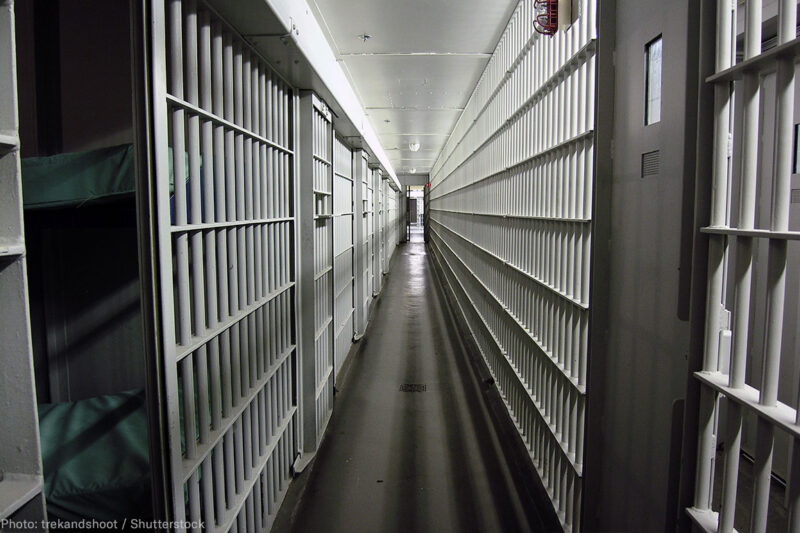An Arkansas Town Agrees to Criminal Justice Reform to Ensure That the Poor Are Not Jailed


For years, the city of Sherwood, Arkansas, home to about 30,000 people, had a practice of jailing people who could not afford to pay court costs incurred from bounced checks. Thousands of Arkansans were locked upãsometimes after bouncing checks in small amountsãwhen they could not pay crushing fees, fines, and other costs that compounded their debt by as much as 10 times the original amount.
Today, thanks to litigation brought by the âü¯áû颈§Ý§Ã¿«, the âü¯áû颈§Ý§Ã¿« of Arkansas, and the Lawyersã Committee for Civil Rights Under Law, Sherwood has agreed to stop jailing people for being poor.
Under this weekãs settlement, the city agreed that it will not jail or issue arrest warrants for people because they canãt afford to pay their debts. Sherwood also agreed to clearly advise defendants of their rights before sentencing, ensure that defendants have access to counsel, and offer community service and other alternatives in lieu of court fines.
This is what criminal justice reform looks like.
Before this settlement, bouncing a check could have resulted in an arrest warrant, loss of driverãs license, levying of excessive fines, and even a jail sentence.
One defendant was arrested at least seven times, spent 25 days in jail, and was assessed $2,700 in court costs for bouncing a single $29 check. Another wrote 11 checks totaling about $200, and was arrested seven times, spent weeks in jail, and was assessed thousands of dollars in court costs, fines and fees.
The Due Process and Equal Protection clauses of the U.S. Constitution prohibit the state from punishing someone just because theyãre poor. These fundamental constitutional rights ensure that even if you are sentenced to pay a fine, you cannot then be re-arrested and sent to jail because of your inability to pay that fine.
Though this settlement marks a victory, Sherwood is one city. Vulnerable people in the state and across the nation are still being trapped in a never-ending cycle of escalating debt and incarceration ã with devastating human costs. In too many communities, politicians and courts have created and are still carrying out one set of rules for those who are well-off, and another more punitive set of rules for those who arenãt.
Other Arkansas courts should take notice of these long-overdue reforms in Sherwood.
As illogical as it sounds, courts routinely suspend the driversã licenses of those who are too poor to pay their fines and fees on time, typically with no notice or opportunity to be heard. Itãs illogical because, without a driversã license, people lose their jobs and income ã making it even harder to pay what they owe. Many Arkansans have no other means of transportation for taking their children to school or to the doctorãs office, or getting to the job that buys the groceries; suspending their driversã licenses channels these people toward the necessity of committing the crime of driving without a license, yet another crime for which the court could fine or jail them.
These policies that punish the poor have created staggering racial disparities and fueled a mass incarceration crisis that has cost billions of dollars and failed to make anyone safer.
Arkansas public officials should reflect on the Constitution they have sworn to uphold and the rights it guarantees to every Arkansan, and carry out their duties accordingly. The right to a fair trial, due process, and equal protection under the law are not luxuries for the privileged few. They are freedoms afforded to all of us. There has been progress in Sherwood, and the rest of the state of Arkansas should take note and follow to protect the rights of all.
